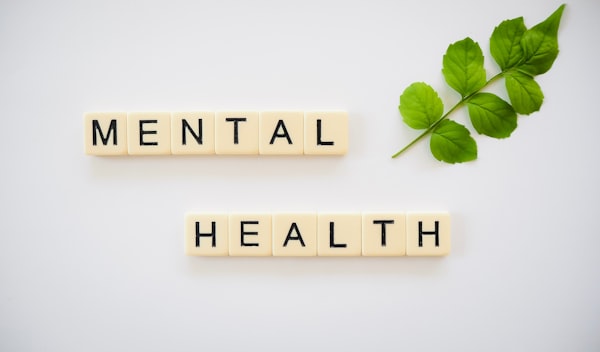People often think of therapy as a last resort – something to do only when all other options haven’t worked out. Actually, therapy is actually an important tool that everyone can use to improve their lives. Everyone experiences difficult emotions from time to time, but sometimes these emotions can be too much to handle on our own. Therapy can provide a safe space for you to express your feelings and explore why you are feeling them. This can help you to better understand yourself and eventually manage your emotions more effectively. However, it’s essential that you put effort into finding a therapist you can trust and feel comfortable with. If you’re not sure where to start, read on to find out how to find a therapist that’s right for you.
How can you find a therapist that’s right for you?

Before you start your search for a therapist, you need to know what you’re looking for. Consider what’s been bothering you the most and what you’d like to work on. Are you struggling with a specific issue, such as depression or anxiety? Or do you just feel like you could use some help in managing your stress or improving your communication skills? If you’re in need of a recommendation for somewhere to start, try Therapy Group of DC, which is well known for its quality services. They even offer teletherapy, which allows you to connect with a therapist from the comfort of your own home. This is a great option for those who are unable to travel or for those who prefer to work with a therapist remotely.
It’s also necessary to consider the therapist’s approach. Some therapists use a more holistic approach that takes into account your physical, emotional, and spiritual health. Others use a more specific approach, such as cognitive-behavioral therapy (CBT) or dialectical behavior therapy (DBT). Once you’ve narrowed down your options, you can ask some questions to decide if a particular therapist is a fit for you. You can ask about their specialties, previous experiences with conditions like yours, and any details related to billing or insurance.
Once you’ve found a few therapists who seem like a good fit, set up a few consultations to see if you feel comfortable working with them. During the consultation, you can ask more questions and get a sense of what the therapist’s style is like. If you don’t feel a connection with the therapist or you don’t feel like they can address the issues you’re struggling with, it’s okay to keep looking.
What else can you do to protect your mental health?

Lack of sleep can have a significant impact on your mental health. When you’re sleep-deprived, your brain is unable to function at its best. This can lead to problems with mood, concentration, and decision-making. Sleep deprivation can also increase your risk of developing mental health conditions such as depression and anxiety. In fact, research has shown that people who don’t get enough sleep are five times more likely to develop depression than those who get enough sleep. If you’re struggling with mental health issues and you’re not getting enough sleep, talk to your doctor about finding a solution.
Studies have consistently shown that people with mental health problems are less physically active than those without mental health problems. There are many possible reasons why physical activity might benefit mental health. Exercise releases endorphins, which are hormones that have mood-boosting effects. Exercise also boosts self-confidence and self-esteem, which can be beneficial for people with mental health conditions. Additionally, exercise can improve sleep.
It’s always worthwhile to invest in your mental health. After all, it’s the foundation of your overall well-being. When you take care of your mental health, you’re able to take on life’s challenges with a positive attitude and greater resilience. If you’re feeling down or experiencing mental health difficulties, it’s crucial to seek help as soon as you can. There are many resources available, including therapy and medication. Don’t be afraid to ask for guidance or assistance from the people in your life – it’s the first step on the path toward getting better.





